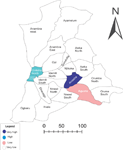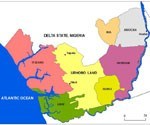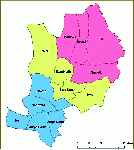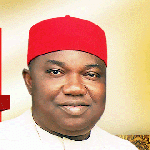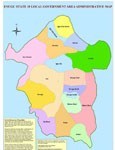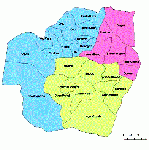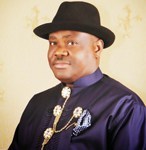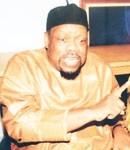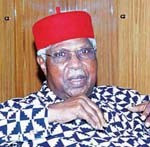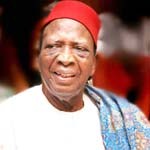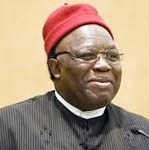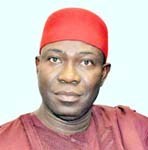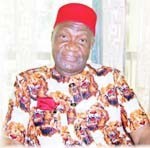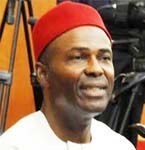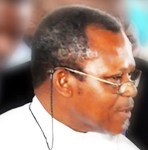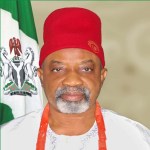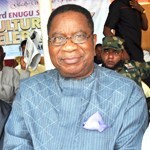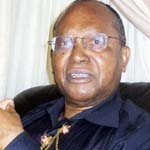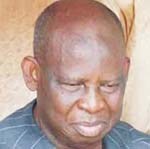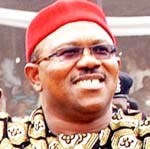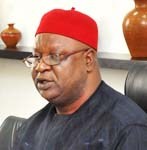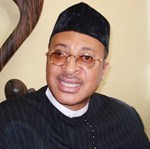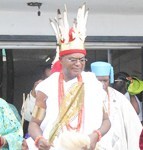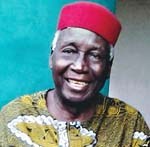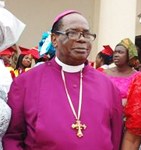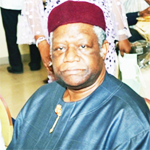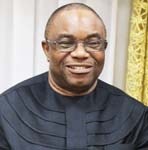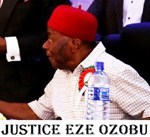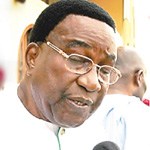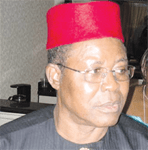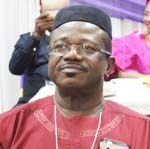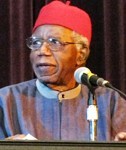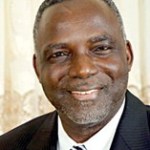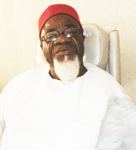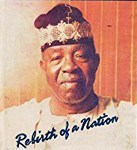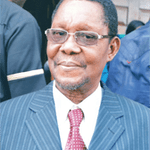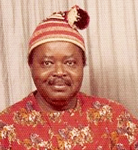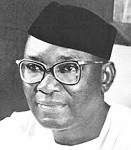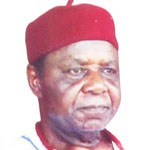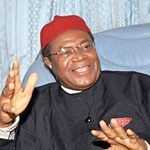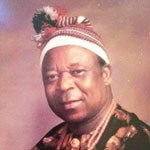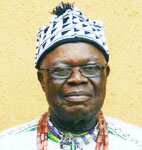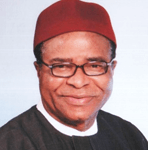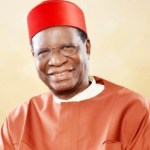Professor Anthony Ejiofor is the Executive Chairman of the Board of Directors of World Igbo Congress
The Charter
The following information is in consonance with Article IX of the constitution/Bylaws of the World Igbo Congress
Authority: The Board of Directors shall be the governing body of the Congress, having full authority to set policies and ensure implementation of all regular business by the Executive Council. The Board of Directors shall be the highest decision making body of the Congress.
Composition: The Board of Directors shall consist of: (a) two (2) representatives of each member organization as defined in Article III of this Constitution, provided that such an organization is in good financial standing; (b) the following non-voting ex-officio members: Chairperson, Vice Chairperson, Secretary-general, Assistant Secretary-general, Legal Adviser, Assistant Legal Adviser, Treasurer, Financial Secretary, Public Relations Officer (PRO), Chief Whip, and former Board members from the inception of the Congress; and
(c) Honorary Members and Representatives of Corporations (non-community groups and organizations).
Registration of Directors: Upon payment of the membership fee pursuant to the provisions of Article IV of this Constitution, the Congress shall issue an “Official Director” or “Board Member” identity card to each of the two individuals selected by the member organization or corporation as its representatives. The Congress shall also do the same with regard to Honorary Members.
Functions of the Board of Directors: The Board of Directors has the following functions:
- Serve as the highest decision making body of the Congress;
- Set policies and procedures for implementation of the Congress’ business;
- Participate in WIC elections, consistent with the provisions of Article V and Article XIV of this Constitution, as voters as well as candidates for election;
- Adopt, amend, or reject any recommendation made by the House of Delegates, the Executive Council or any other organ of the Congress;
- Admit new Affiliates, Honorary Members and Corporations (non- community groups and organizations), upon recommendation by the Membership and Mobilization Committee;
- Review and Amend WIC’s Constitution jointly with the House of Delegates, consistent with the provisions of Article XIX of this Constitution, and upon recommendation by the Legal Defense and Bylaws Review Proposed amendments would be approved by the House of Delegates first and then submitted to the Board of Directors for final approval.
- Review and Amend WIC’s By-laws from time to time for the effective running of the Congress, consistent with the provisions of Article XIX of this Constitution, and upon recommendation by the Legal Defense and Bylaws Review Committee, providing the amendments to the By-laws do not contravene the terms of the WIC
- Vote upon written “Resolutions” transmitted from the House of Delegates within a reasonable period, not to exceed six (6) months, from the time the “Resolutions” are received by the Chairperson, Secretary, and Legal Adviser of the Congress.
Meetings: The meeting of the Board of Directors shall be held quarterly and shall be called by the Chairperson or by a simple majority of the Board members with at least 30 days written notice having been given. Emergency meetings may be called as needed.
Term: The term of office of the Board of Directors shall be indefinite unless the Board member resigns, is replaced, or is removed. Beginning with the election to be held in 2005, the officers of the Board shall serve for three (3) years, but may be reelected for a second term. No member organization may send a replacement Board member unless the incumbent was removed, subject to the provisions of Sections 9.7 through 9.10 of this Constitution.
Removal of a Board Member by the Board of Directors: Any Board member who repeatedly fails to attend Board meetings for a period of one year without reasonable excuse, or fails to fulfill the duties of the office, or has through his or her actions or inaction become a liability or hindrance to the Congress, or is convicted of a felony involving moral turpitude, or does anything which may bring the Congress to disrepute, or defrauds and otherwise deceives the Congress, may be removed by a two-thirds vote of the Board of the Directors present, provided that all reasonable measures such as warnings, reprimand, or other sanction have been faithfully utilized by the Board of Directors to obtain proper performance by the Board member and the member organization that he or she represents shall have been notified in writing of such measures, and a hearing has taken place. A member of the Board subject to a removal vote shall be notified in writing of the reasons for such action at least thirty (30) days before the hearing and the voting are conducted. A member organization whose representative is removed shall replace the representative before the next live Board meeting of the Congress.
Removal/Withdrawal of a Board Member by a Member Organization: No Director shall be removed from membership of the Board of Directors by a member organization except by due process. In the event a member organization does not have in place procedures for removal of Board members, the Board member may be removed by a two-thirds vote of the Board as specified in Section 9.7 of this Constitution. Such process must ensure that any removal request from a member organization be made on one or more of the following grounds:
- The activities and conduct of the Board member are clearly inimical to the objectives of the member organization, including but not limited to such actions as: misrepresentation, consistent violations of its rules and regulations, and/or conviction of a felony involving moral
- That all reasonable measures such as warnings, reprimand, and other sanctions have been faithfully utilized by the member organization.
-
That the member organization has held a recent election and the outcome of the election necessitates a change of representative.
Limits on Removal/Withdrawal of a Board Member by a Member Organization: No member organization may remove or replace a Board Member after the establishment of the Electoral Commission or after the month of March in an election year, unless the removal is based upon a recent conviction of the Board member of a felony involving moral turpitude.
Vacancies on the Board of Directors: Vacancies shall be filled by the affected member organization for the remainder of the term for that position.
Quorum: A quorum for the transaction of business by the Board of Directors shall be one-half (1/2) of the voting Board members.






